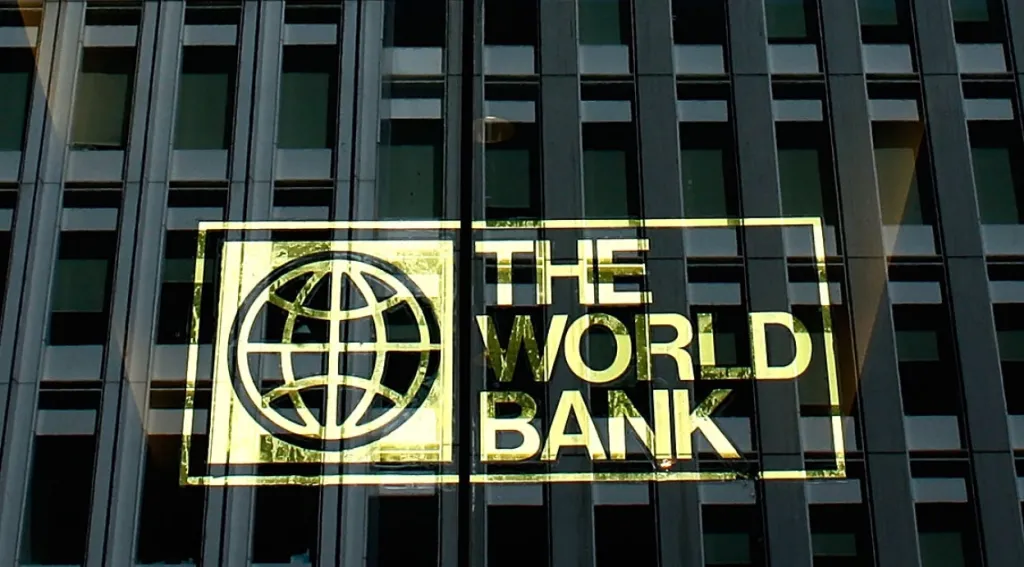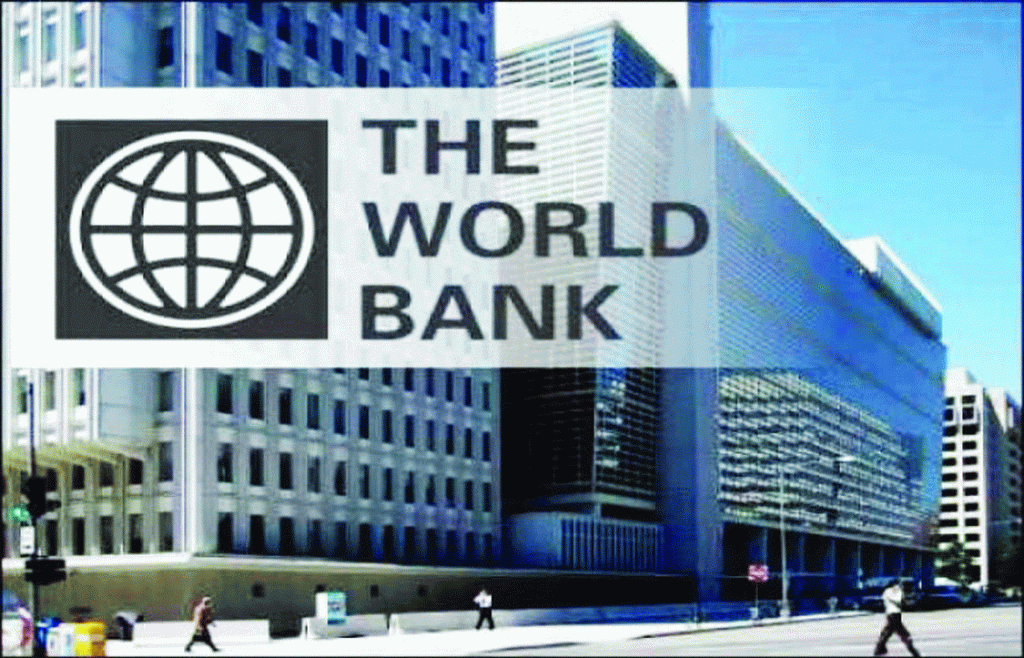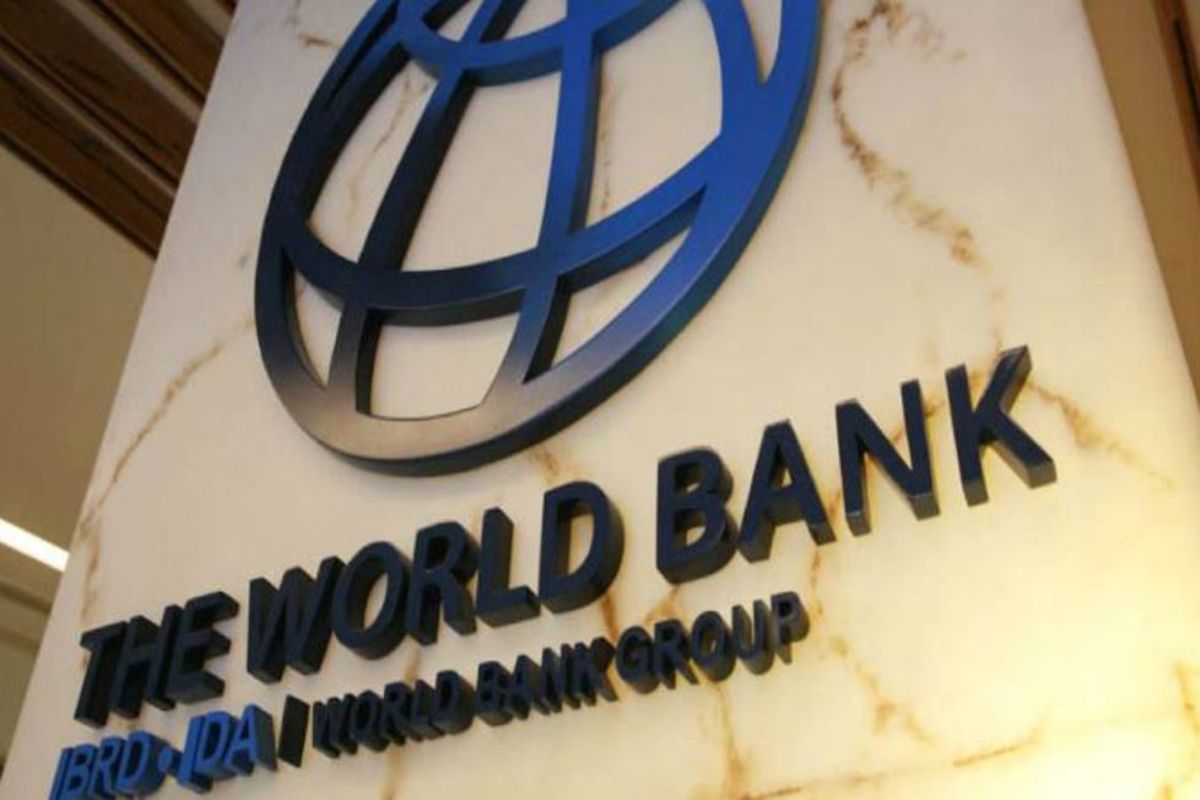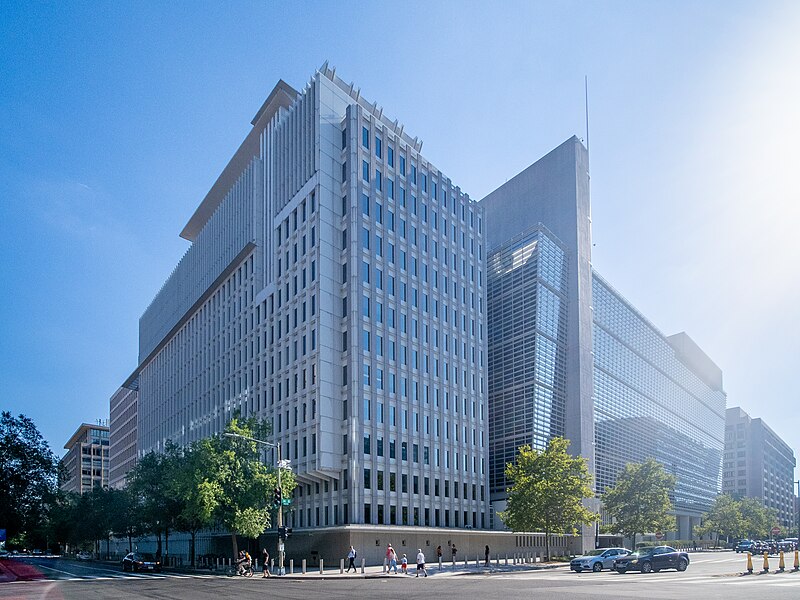
The World Bank(WB) has warned Kenya against pursuing unsolicited public-private partnership (PPP) deals following the cancellation of Sh2.7 billion in contracts with Adani Group companies, emphasizing the need for competitive tendering over privately initiated proposals (PIPs) that circumvent competitive bidding.
The warning comes after President William Ruto cancelled procurement processes for JKIA airport upgrades worth $2 billion and a $736-million electricity transmission project with Adani Group, following the company founder’s US indictment for allegedly paying $265 million in bribes to Indian officials.

The multilateral lender, while acknowledging that PPPs are crucial for Kenya’s infrastructure development, stressed that the country’s success with such projects depends on implementing good governance, oversight, planning, and accountability measures.
Kenya has turned to PPPs as an alternative financing method after public debt reached unsustainable levels, consuming over 65% of taxes in annual service costs, with the Treasury reporting approval of 39 PPP projects, of which 36 are estimated to cost $13 billion (Sh1.68 trillion).
The emerging pattern of unsolicited PPP deals in Kenya’s infrastructure sector reveals a broader systemic vulnerability in our project evaluation framework.
An analysis of comparable transmission line projects across emerging markets – particularly in Vietnam, Indonesia, and Rwanda – shows that successful PPPs typically follow a structured competitive bidding process with robust public consultation and independent technical evaluation.
These markets have demonstrated that well-structured PPPs can deliver infrastructure at 30-40% lower costs than unsolicited proposals while maintaining quality standards.
The recent African Development Bank’s(AfDB) Infrastructure Project Preparation Facility (IPPF) report underscores this point, showing that competitively tendered power transmission projects in Sub-Saharan Africa have consistently delivered better value-for-money metrics and stronger governance frameworks than unsolicited proposals.
 This suggests that Kenya’s rush toward PIPs without adequate market testing and public scrutiny not only risks overpaying for critical infrastructure but could also deter serious long-term investors who prioritize market transparency and regulatory predictability.
This suggests that Kenya’s rush toward PIPs without adequate market testing and public scrutiny not only risks overpaying for critical infrastructure but could also deter serious long-term investors who prioritize market transparency and regulatory predictability.
 The Fintech Association of Kenya, as a key stakeholder in the nation’s economic development, urges the government to prioritize open and competitive procurement processes in all infrastructure projects, ensuring that such ventures truly benefit the Kenyan people and contribute to sustainable economic growth.
The Fintech Association of Kenya, as a key stakeholder in the nation’s economic development, urges the government to prioritize open and competitive procurement processes in all infrastructure projects, ensuring that such ventures truly benefit the Kenyan people and contribute to sustainable economic growth.
Furthermore, we advocate for greater public participation in the evaluation and oversight of these projects, fostering a sense of ownership and accountability that is crucial for the long-term success of Kenya’s infrastructure development agenda.










